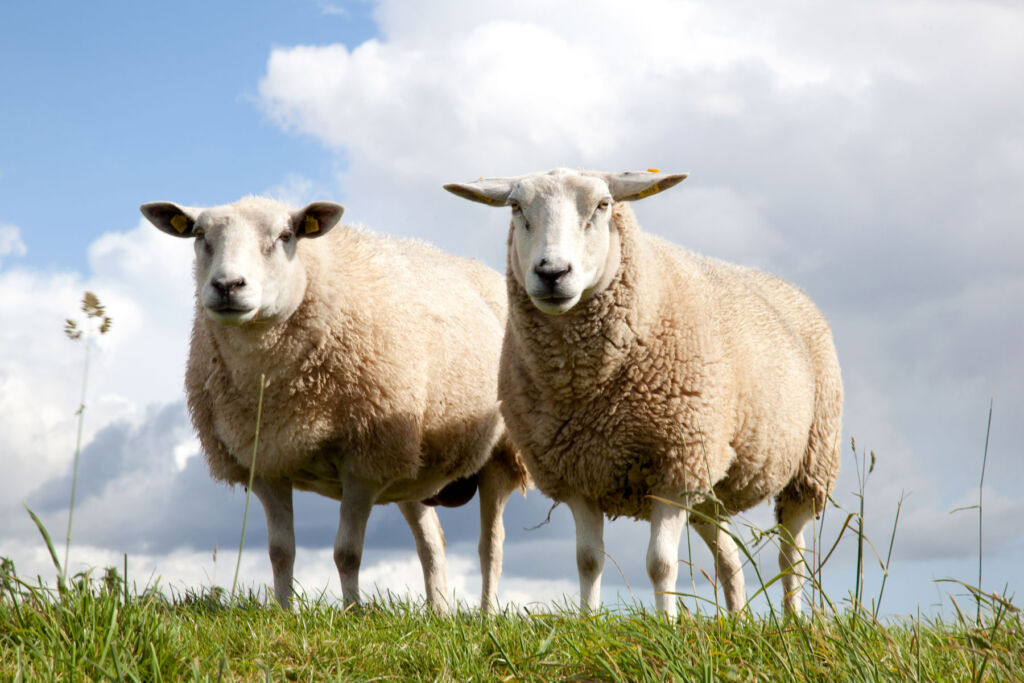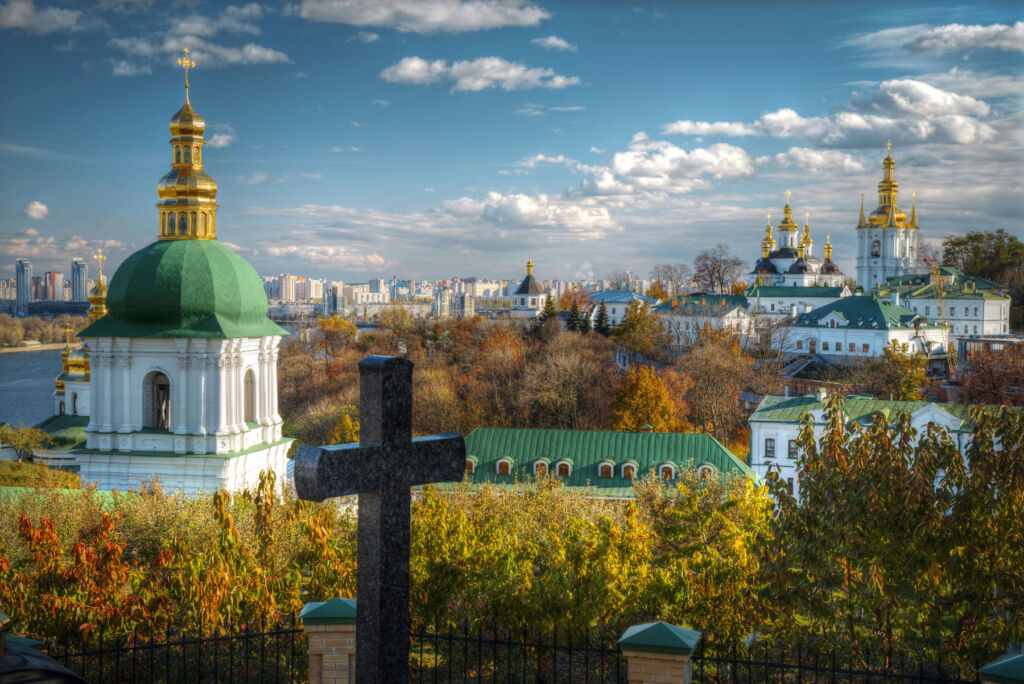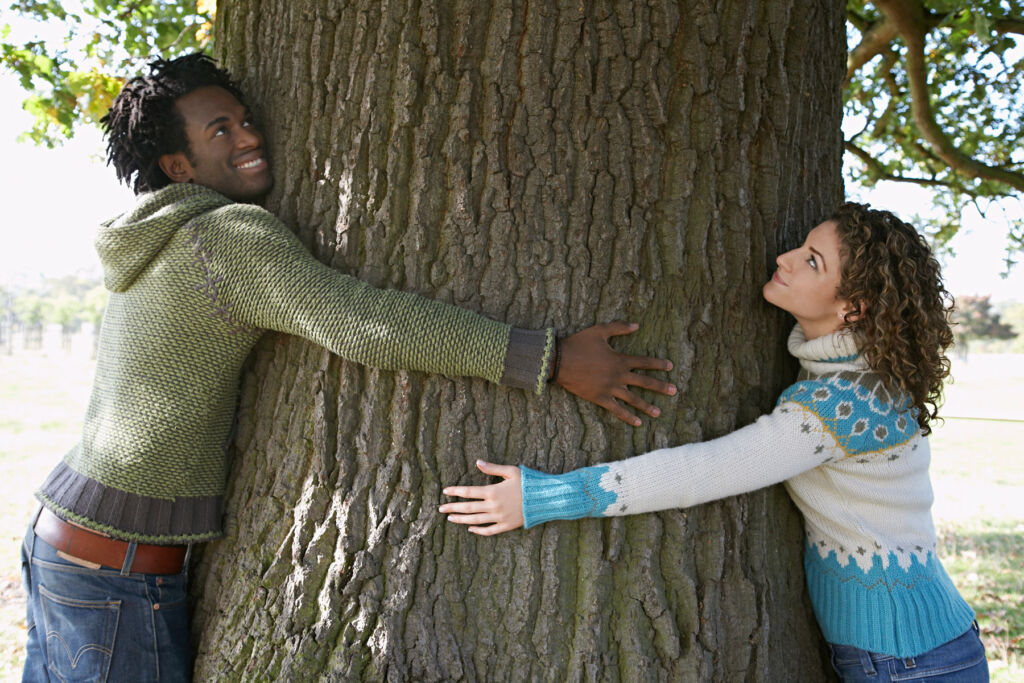
For decades and even longer, being called a Conspiracy Theorist has been considered an insult, a way to ridicule someone’s thoughts, understanding and beliefs, which others felt did not align with their own. However, times have changed, and in this article, I’ll explain why being called a Conspiracy Theorist is far from an insult.
Everyone, in some way, shape or form, has been a conspiracy theorist at one time in their lives. “Not me”, some of you might be thinking. Well, what about when you’ve watched something on television or listened to a radio broadcast and said, “That’s been set up”, or “that’s been designed that way”, or “they’ve been made to say that”, etc.?
Thousands of years ago, in the days of hunter/gatherers, looking beyond what one sees and hears has been advantageous. I doubt our ancestors walked out of their dwellings to forage, came across a thick mass of greenery and thought, “I can’t see or hear anything dangerous; it must be safe.” It is a human instinct to consider all possibilities and to question what you see and hear, but for some strange reason, it has been turned by some into a negative trait.

Why are more people questioning what is told to them?
The ease at which people can access information and views is one of the primary reasons why more people choose to challenge. Most people who use the internet to get their news will be under no illusion that the things they read and see are often a poor facsimile of the truth. Whether through visual means or audio, most accept it as a trade-off for access to what they believe is valuable information and an injection of dopamine.
They often fail to realise that the information (sometimes subliminally) pushed into their minds makes them view the world as others want them to.
It’s not a bad thing to want answers, as it allows people to learn, it helps them to thrive. As we all know, there are few more infuriating things than when you have something on your mind that won’t go away, a question that you want an answer to, which is nowhere to be found.
The mind is still a mystery, and it will likely take many more lifetimes before we understand it. Seeking answers and information can be problematic, though, as some things need to be kept from people to avoid creating panic or distress. However, this should be done for the good of the many and not the few.
Through the eyes of some, society requires three top-down components, money, power and control, to function correctly. Those same people believe that without these, society would descend into chaos.
Admittedly, money is within reach of many; however, power and control are harder to get, and once some people have it, they will do everything they possibly can to retain it. Sometimes, the obtaining of these happens in a way that others disapprove of, and when people begin to see this, they will raise questions, and with them, the default insult of “Conspiracy Theorist” is wheeled out.
Why write a piece in defence of conspiracy theorists?
A few things prompted me to do this: I may have, on the odd occasion, transgressed into becoming a conspiracy theorist myself, albeit a fairweather version. I try not to be one, forcing myself to always look at the good in people and hoping that others are doing things for the right reasons, but even with the best intentions, I often find myself questioning the things I see and hear.

Another reason is that the media and others paint the picture of people who question the mainstream narrative as strange, uneducated outsiders. However, this is far from the truth, with as many, if not more, conspiracy theorists being what most would call typical, everyday, ordinary people.
The facts back this up with numerous polls showing that around half of Americans believe in at least one conspiracy theory. If the news media were correct in its portrayal, every other person in the world’s most developed nation would be an uneducated, aloof oddball!
The final reason was I read an article in the Guardian newspaper that I felt was unfairly critical and an example of closed-mindedness. The Guardian, in my opinion, was less than fair with its words when reviewing a documentary series on Netflix titled Ancient Apocalypse, which was hosted by the British author Graham Hancock.
The Guardian piece opened with a word such as “Most dangerous show on Netflix” and “Solely for conspiracy theorists”, but perhaps the words that infuriated me the most were “Why has this been allowed?” Maybe a better question would be, “Why couldn’t this be true?”
History is constantly changing, whether through technological advances, human discoveries or people trying to pretend it never happened and erasing events. One thing is for sure, dismissing anything out of hand and not considering every possibility leads to closed-mindedness and a conveyer-belt life without fascination and wonder.
Being tarred with the same brush
Another of my major bugbears lies with how the term is being attributed to almost anyone with an opinion that differs from the majority. For example, those who’ll only eat organic and chemical-free foods and not off-the-shelf varieties, those wanting to use holistic medicines, not mass-manufactured ones, and those who choose not to be vaccinated against viruses as they’ve never taken drugs of any type.
In the main, people who make non-standard choices in their lives are somehow tarred with the conspiracy theorist brush, yet these same people are probably more informed than those trying to denigrate them.
Restricting unwanted influence and following one’s own path is far from a simple task. I do it by limiting my interactions with people outside my social circle; I have little desire to seek new friendships with people in high places, and I rarely watch/read news originating from my own country or its close allies. Instead, I get my information from a wide range of international news resources to get the most balanced view, and it is from this I form my opinions.
Although this might paint me as an oddball, perhaps even an outsider, I’m not. I am a married, middle-aged, educated male living in a small English village and an upstanding and friendly member of my local community. Yet, sometimes, my life choices cause bemusement and even concern with others, and I attribute this to the media.
Stoking the fire
The rise in conspiracy theorists is often blamed on non-mainstream media; I believe that traditional news media is equally responsible. Every region of the world creates what I consider biased or even self-serving news. Stories are wrapped up in personal opinions and propaganda, and key personnel are instructed to portray things in a way the ‘powers that be’ want.
Very clever people are being employed to constantly and deliberately create new and innovative ways for information to be digested, forming one-sided opinions with even the smartest among us often not realising it is happening. Some people do see it, so is it any wonder that they feel compelled to question things?
Elon Musk’s recent acquisition of the social media giant Twitter and his subsequent revealing of what is now known as “The Twitter Files” shows how social and mainstream media can be manipulated and the software altered to skew views and opinions.

Some people suspected it was happening, and when they tried to present their opinions, they were silenced or outed as conspiracy theorists.
I don’t know if Elon Musk’s Twitter purchase was solely to improve the world; I have never spoken to him and can only judge him on his actions. His revealing of the goings on inside the social media giant Twitter is something I view as positive, and I hope it encourages others to follow the same path. After all, if companies, organisations, and even governments operated with full transparency, there will be less need for anyone to question or theorise.
The birth of Conspiracy Theory
I don’t know at what point in history the term conspiracy theorist was born. It was likely to have been first uttered sometime in the early to mid-1900s, as, before that, terms such as heretic and blasphemer were the most common ‘catch-all’ insults used to describe individuals with views that didn’t align with what others wanted.
If you look up the strict definition of Conspiracy theory, it is the belief that some secret but influential organisation is responsible for an event or phenomenon. However, if you look up the two words individually, it has a slightly less ominous meaning. Conspiracy is defined as the action of plotting or conspiring, and theory is an idea used to account for a situation or course of action.

Conspiracy theorists and everyone else
I loosely divide the world’s population into three types, Sheeples, Conspiracy Theorists, and those who sit in the middle. The sheeple seem to take on board what they read or hear, rarely without question. The people in the middle are far more aware of what’s being fed to them but are too frightened to do anything about it for fear of changing how people view them, potentially weakening their business interests.
Then there are the conspiracy theorists, who need no explanation.
There is obviously a considerable amount of crossover between these types, but separating people into the three categories helps me to simplify my thought processes.
Of the fundamental rights affording to most of the world’s population, two of the most important are freedom of speech and thought. Although some will prefer it not to be the case, people are still allowed to form individual opinions on all subjects, irrespective of whether it disagrees with or causes upset to others. And often, in doing so, they’ll question the validity of what is being presented to them.
That’s where some have a problem with so-called conspiracy theorists; questioning doesn’t serve or help their agendas or goals.
Of the three types of people categorised above, I have the most sympathy for the Sheeple, another word I could use for them is mushrooms, but I won’t go into detail about why. Rarely do the ones I know willingly question what they are learning; they take most, if not everything that is fed to them as factual, even when there is a high probability of an ulterior motive.

I understand why there are so many Sheeple, as most watching or reading the news don’t claim to be authorities on a subject or an expert; to be fair, they want the most uncomplicated life possible. Sadly, this leaves the way for others to add the ‘Expert’ title to their name, and it’s these who are rolled out to tell the public how they should lead their lives.
It obviously works as the mere mention of the world causes people to think, “They know more than me; therefore, we must do what they say.”
It’s not for me to argue whether someone is an expert. My issue lies with whether there are other motives at play. Let’s take, for example; the people invited to advise and help governments to create policies that the people are legally obliged to follow.
How deep do the background checks go into these people? Most people who advise government politicians work within the same industry they are invited to report on. If they are discussing anything relating to that sector, it’s doubtful they’ll be saying anything that might harm their industry or negatively impact their future income stream.
In addition, do governments ever bring in experts with opposing views? I don’t know, but probably not; after all, anyone whose opinion differs from what is wanted would generally be considered a conspiracy theorist.
A brilliant example of where conspiracy theorists have been proven correct concerns UFOs or UAPs, as they are also known. For decades, highly skilled commercial pilots, researchers, military personnel and even astronauts have reported seeing unexplained objects in the skies, and until recently, they were classed as little more than conspiracy theorists.
Some of these highly-skilled personnel even lost their jobs. Their workmates and social circle shunned them for simply trying to tell the truth.
I consider science to be hugely hypocritical. On the one hand, it will tell you that something is an absolute fact backed up by a dogmatic approach from the people employed in that sector.
Anything that counters this is dismissed out of hand or ridiculed. However, when an organisation such as the U.S. Government acknowledges that something such as UFOs/UAPs does exist, those who had revelled in mocking others are more often than not conspicuous by their absence.
It’s not only UFOs where conspiracy theorists have been proven correct. Throughout recent history, there have been other well-known examples of people’s dismissed and ridiculed theories that were later found to have been more accurate than not.
For example, the MK-ULTRA program, that tobacco companies knew smoking caused cancer long before they admitted it, that some agencies could spy on you using your technology, Watergate, the Catholic church abuse, etc.
Heading down the rabbit hole
One of the dangers with conspiracy theories is that they can be akin to going down a rabbit hole, and the big problem is that they can be neverending. A brilliant example of this transpired recently in a conversation I had with a friend. We were discussing the topic of the conflict in Ukraine.

As you would expect, I didn’t record our conversation; that would’ve been very strange. I do have a good memory, though, so excuse me for paraphrasing, “You can see it’s obviously a proxy war, can’t you? Just a way to test Russia’s military capability, take control of Ukraine’s resources and make money from arms sales.”
“It also peeves me that Russia keeps getting blamed for the cost of living crisis; it’s just an excuse that anyone with half a brain knows is blatantly untrue, and some of my mates still believe they blew up their own gas pipeline instead of just turning it off; the world is full of numpties.” Aside from a bit of nodding, some sips of tea and the odd grunt to avoid feeling disconnected from the discussion, I just sat there listening.
The conversation moved onto the topic of sanctions. “They haven’t worked, have they? Russia must be laughing its head off! All we’ve done is push Russia, China and other countries to work together to weaken the western economies.” I had to agree with my friend that sanctions had been far from effective.

“You know that all this environmental stuff is all linked in too? It is as much to weaken countries that export fossil fuels and energy as it is to save the planet; the climate change stuff is being used to pull on people’s heartstrings. All the while, countries have what the world wants; they can’t be bullied. If you really want to know what’s going on, look at who’s pushing the climate change agenda.”
I was a little taken aback, and he could see my surprise; I pressed him further. “If sanctions don’t work, the only way you can get countries to do what you want is to reduce the demand for what it is that makes them so strong. That’s why we’re creating alternative energy sources; the problem is, they don’t work either!”
It prompted me to do some research later that day, and I found the Reuters list of the world’s top 100 climate scientists. I looked down through the list and saw that ninety-five of the top one hundred came from the west.
There was one representative from Kenya and China, two were from Japan and one from Saudi Arabia, and he was born in Portugal. I don’t doubt that if I could find a list of the most generous financial donors fighting climate change (excluding investment firms), a similar picture would arise.
Although I’ve written extensively on environmental issues, had I been missing something obvious? Was I caught up in a mass formation psychosis? Could he be correct, and had I now joined him down the rabbit hole?
The conversation above is an example of what some would define as conspiracy theorist talk but is it wrong to look at things differently and consider all possibilities?
People directly involved in something are usually the last to see what I call “The bigger picture”. If you need proof of this, look no further than someone in a bad relationship. The people in one always seem to be the last to see what’s going on, whilst those around them see something completely different.
The advancement of technology
One of the best reasons everything should be looked at with an open mind is that technology is constantly improving, and with it, the ability to look at things differently.

It’s within the realms of possibility that technology will uncover different reasons for climate change (solar radiation, Milankovitch cycles, volcanic activity, warming of the earth’s core, sea currents, magnetism etc.).
In the meantime, governments will make life-changing decisions based on the advice of a person or persons who could have an agenda or self-interest that will impact many millions whilst benefitting only a few individuals and corporations.
A fairer way to conduct matters is to invite experts with differing views. For example, why not talk about climate change with someone like Dr John Christy? He is a pioneering expert on the subject with forty-three years of data that paints a different picture to the mainstream narrative, alongside another expert with an opposing view to establish a more fair and balanced picture before making any decisions.
Some will argue that it would make coming to a decision impossible, and they might be right. But, the only way to appease all is by changing how things are done currently.
Final thoughts
The world needs more conspiracy theorists/critical and free thinkers, people who will listen and read what is being offered to them and who’ll do research before forming an opinion. Modern-day life is confusing, and questioning aspects of it should not make someone feel like a rebel.
Do I consider myself a conspiracy theorist? My basic human instincts frequently cause me to question things; however, I’d probably stop short of bestowing myself the full title; I’m more of a theoretical conspiracist.
I will continue to navigate life with an open mind, considering all possibilities, and if people want to call me a conspiracy theorist along the way, so be it. I will smile and thank them for the compliment.

This opinion piece was written by Paul Godbold and does not reflect the views of everyone working with Luxurious Magazine.
Read more lifestyle news, opinions and reviews here.
![]()




You must be logged in to post a comment.